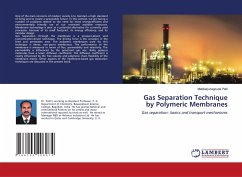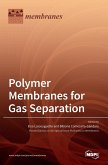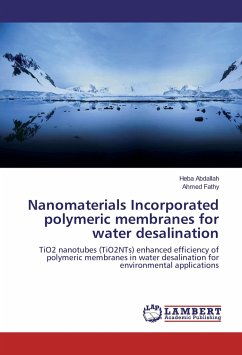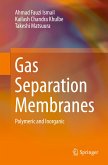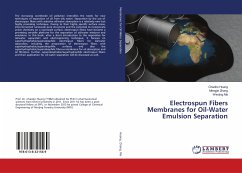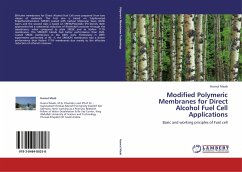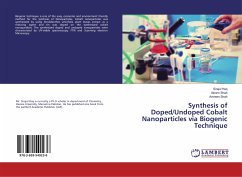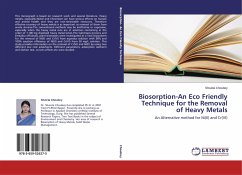One of the main concerns of modern society is to maintain a high standard of living and to create a sustainable future. In this context, we are facing a number of problems related to the need for more energy-efficient and environmentally friendly use of our restricted available resources. Membrane technology is seen as a potential alternative for currently used processes, because of its small footprint, its energy efficiency, and its modular design.Gas Separation through the membrane is a pressure-driven and Concentration-driven technique. The driving force is the variation in the feed and permeates area. The polymeric membranes used for this technique is dense, non-pores membranes. The performance of the membrane is measured in terms of flux, permeability and selectivity. The permeability is influenced by the penetrant gas size. Bulky gaseous molecules have a lesser diffusion coefficient. The diffusion coefficient is mainly influenced by the free volume and polymeric chain flexibility of the membrane matrix. Other aspects of the membrane-based gas separation techniques are discussed in the present book.
Bitte wählen Sie Ihr Anliegen aus.
Rechnungen
Retourenschein anfordern
Bestellstatus
Storno

